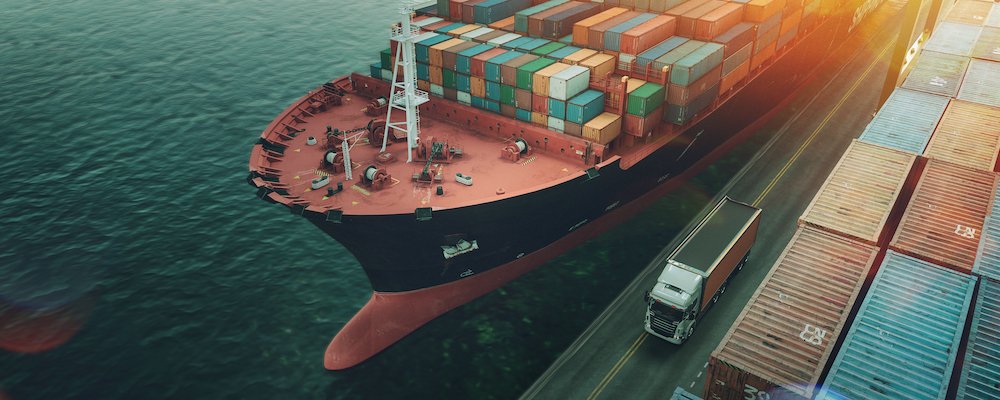The decarbonisation of the maritime sector is already very much underway, and there are many initiatives in place to ensure the sector continues in this green direction.
One of the latest news to facilitate the transformation of the sector is the development of a simulator and configurator for ships depending on their economic and environmental efficiency. Known as ECOBUQ, this application will allow the environmental return of reconverting different types of ships to be determined, through industry 4.0 knowledge models.
The simulator will therefore evaluate the adaptations needed for the use of clean fuels, as well as the implementation of other measures, allowing the best solution to be found in terms of environmental efficiency and economic costs. The tool therefore provides a vital service at a time when new regulations are coming into force meaning ships had to drastically reduce their greenhouse gas emissions.
The tool allows conclusions to be drawn regarding the implementation of alternative fuels, air lubrication systems, wind-assisted propulsion system, solar panels, waste energy recovery systems, high performance propellers and low resistance paints, to name a few.
ECOBOUQ works primarily with the EEXI Energy Efficiency Index applicable to existing ships. This takes account of the current EEXI of the ship and compares it with all the values taken from the application of each of the environmental measures. It therefore calculates the eco-efficiency index of the ship.
The ECOBOUQ initiative has been coordinated by GASNAM in conjunction with the Basque Maritime Forum, COTENAVAL, Siport21 and Naviera Murueta. Funding was provided by the Ministry of Industry, Trade and Tourism.
The simulator is already in operation and is open to public and free use at the following link. https://gasnam.es/project/ecobuq/
Bio-LNG Hub at the Port of Amsterdam
Another route that has opened up in the search for alternative fuels is the construction of large infrastructure capable of guaranteeing supply. This is the case of the bioLNG plant that Dutch fuel supplier Titan plans to build at the port of Amsterdam and will produce 200,000 tons of bio-LNG per year, also known as LBM (liquefaction biomethane).
It is calculated that LBM will replace fossil fuels, doing away with one million tons of CO2 equivalent emissions per year, equivalent to the annual emissions of about 25% of all diesel cars in the Netherlands.
The majority of the plant’s bio-LNG output will be supplied to the LBM-powered vessels of the project’s primary customer, with the remainder going to trucking service stations and industrial customers, to name a few.
Producing fully sustainable LBM is a key objective of the plant and Titan has stressed that the project will only be supplied with biogas from raw materials that comply with the latest EU Renewable Energy Directive and are carbon and sustainability ISCC certified. Titan expects the station to start production in 2025.



Comments are closed.